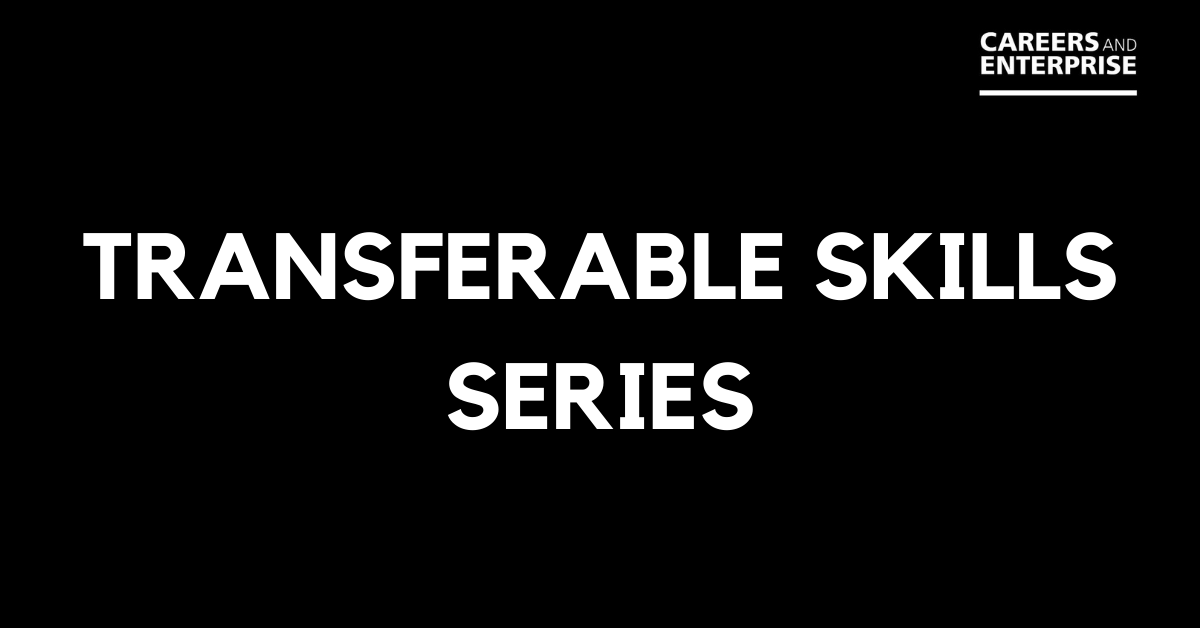In this blog, find out what Caroline, Enterprise & Engagement Manager here at CCCU has to say about rapport.
Rapport or Repel…
rapport
/raˈpɔː/
noun
A close and harmonious relationship in which the people or groups concerned understand each other’s feelings or ideas and communicate well.
(Oxford languages)
Sounds simple, right? So why do so many people struggle to maintain contact after that first meeting, to actually develop a real relationship in order to achieve collaborative goals and open meaningful dialogues? Some even repelling possible contacts with their terrible attempts at rapport building.
It is not impossible to develop good business relationships without rapport but it is so much easier, faster and more likely to succeed if you can develop that ‘harmonious relationship’. If you have that rapport then there is already an unspoken agreement in place and the chances are you are going to be able to work together successfully.
This can be broken down into four ways of behaving when meeting with new organisations and contacts.
LISTEN
I mean actually and actively listen! Ask for a name and then remember it and use it! Forgetting a name is an instant warning flag to perspective contacts. Ask open questions, but not too personal, most of us love to talk about ourselves and will be likely to open up a little. Then listen to the answers, nothing shows you are listening better than if you are able to introduce the person you just met to someone else, using their name, company, and something interesting they said. When you meet them again, ask some follow up questions, check in on the kids they told you they had or the holiday they were about to take. If someone was unwell, find out how they are doing. This shows that you not only listened but you care.
SHOW EMPATHY
Be empathetic when you listen, try to look at things from their perspective. No two businesses are the same and the likelihood that you will work in the exact same way is slim. It is key that you build trust and respect and this can’t happen if you constantly try to show that you are smarter or demonstrate gamesmanship or one-upmanship. That just makes you come across as competitive and no one wants to collaborate with someone who is always bragging or trying to be the most important. Feeling that you are being understood is comforting and helps you to develop that all too necessary trust, vital when building relationships
BE POSITIVE
Demonstrate a positive outlook, be willing to take alternative opinions on board and don’t badmouth people! As well as being very unprofessional, they will know that there is a chance you will badmouth them to someone else (plus you don’t know who they know or are related too!!!) Let them put their point of view across and don’t judge, who wants to work with someone that they think is opposed to them or looks down on them? Use positive body language, have an open expression, no crossed arms or aggressive hand on hips type stances.
MIRROR MANNERISMS
As well as having positive body language, it has been proven that mirroring actions helps when developing relationships. It takes some practice without being too obvious to the person being mirrored, but after a while, it will come naturally. Make eye contact, particularly when using their name, but don’t be creepy about it!
Finally when, you have done all of this, you will be in a position where you can talk about the purpose of the relationship and what you have to offer. When you do talk about yourself, know your stuff! When you have listened and learned, be honest in return, trust is as vital in business relationships as it is in personal ones so no ‘pants on fire’ moments. Don’t bombard them with what you want to ‘sell’, especially if what you are marketing is yourself. Try to match what you are offering, with what they have said they are looking for. It is good to let your personality shine through, it is fine to have a sense of humour but learn to read the room and ensure that it is appropriate for the occasion and for the person you are speaking with. But mostly remember that the key to developing rapport in any situation, on any platform and with any purpose, is clear and open communication and building that initial rapport can only enable this to continue and grow.
Want to find out more about jobs that suit your skills?
- Go on to the Careers & Enterprise Hub, and under ‘Resources’ click on ‘Labour Market Information’. There, you can ‘explore by skills’ – just click on at least 3 skills, and it’ll show you job roles that match!
- If you click on the job role, it’ll give you more information about average salary, what the role entails etc.
 Careers and Enterprise Blog
Careers and Enterprise Blog Abbie-Rose Rigden
Abbie-Rose Rigden 1965
1965


